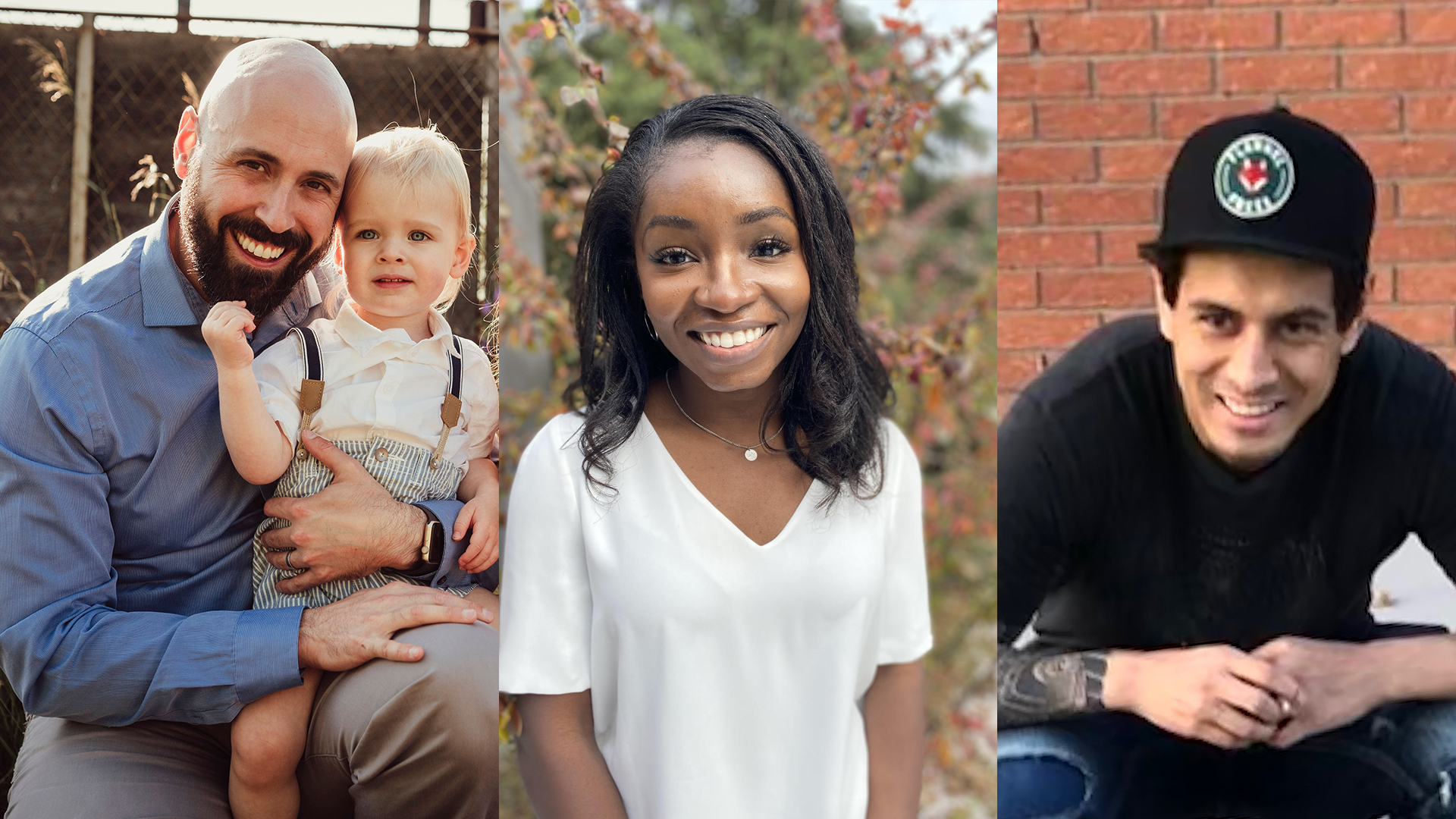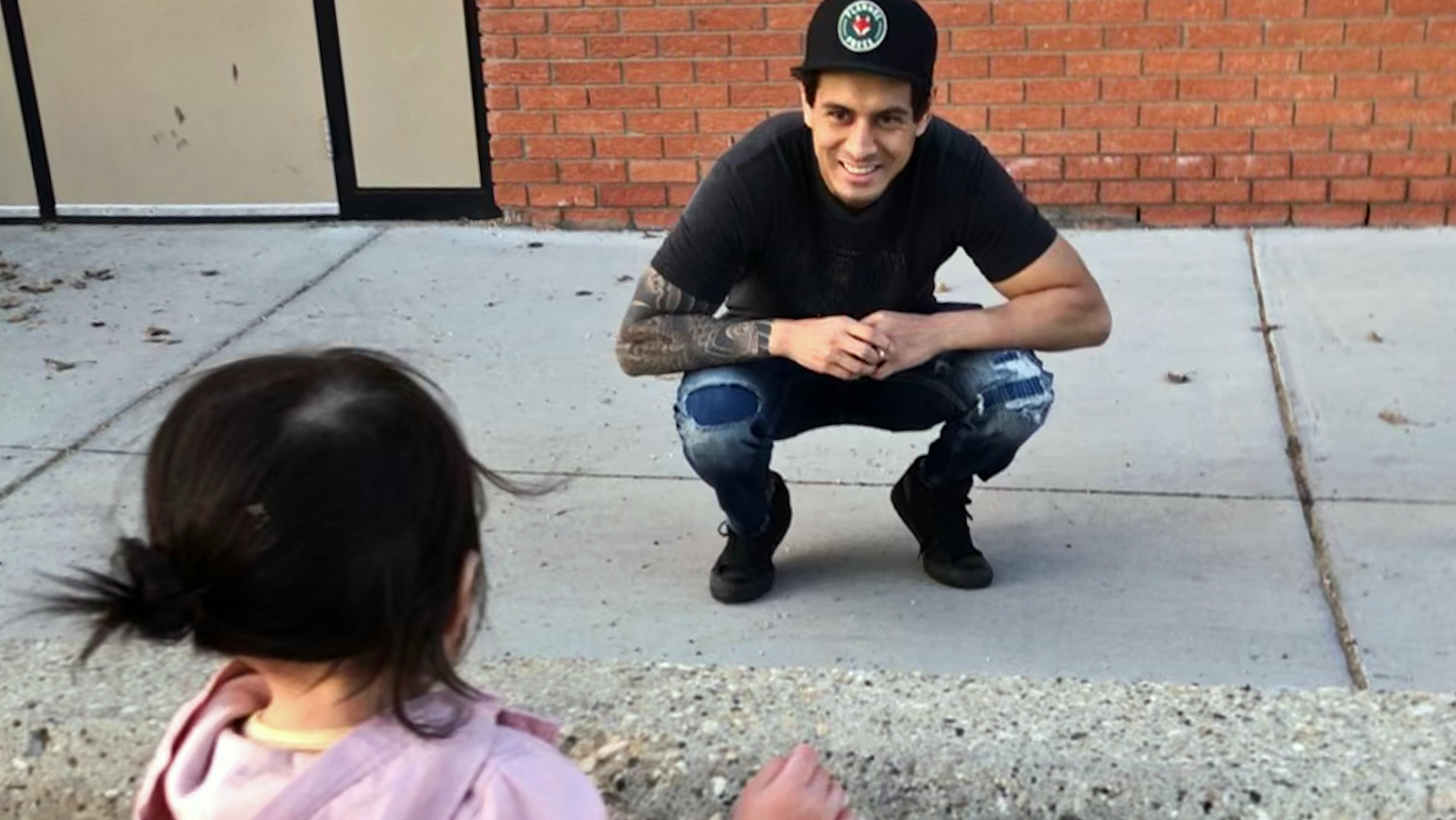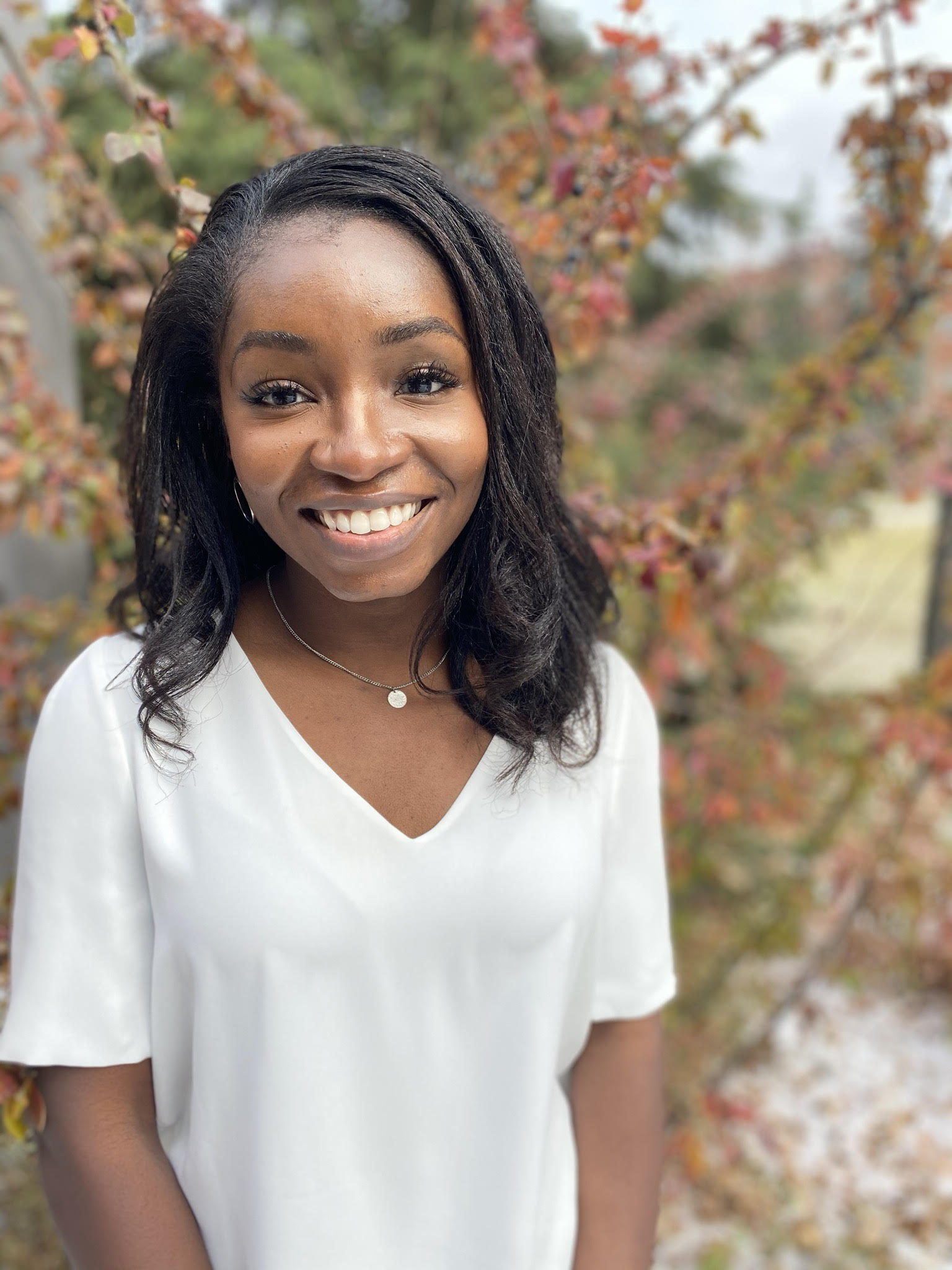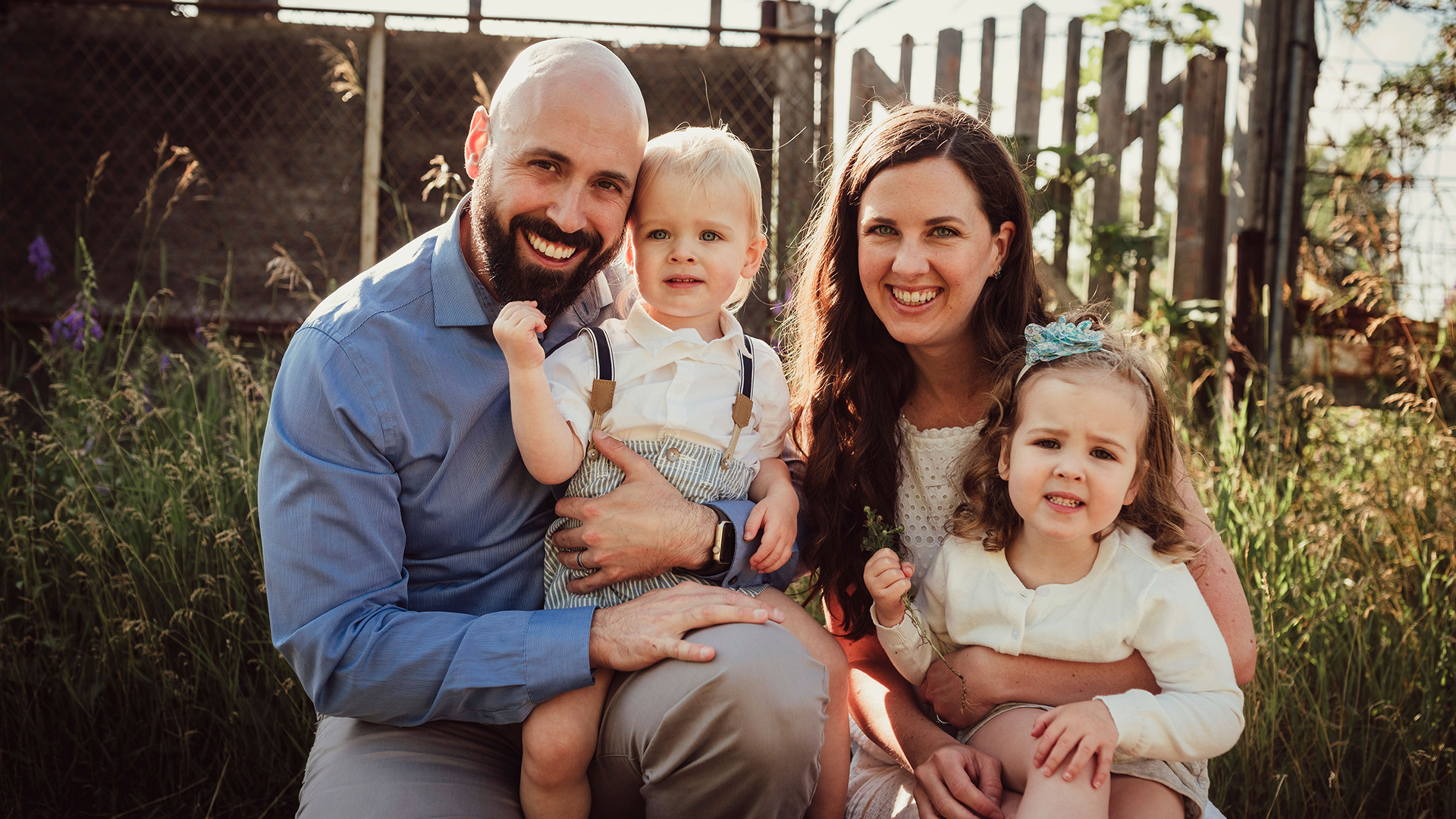Hundreds of medical learners received support from CMA Foundation COVID-19 bursary
Laura Vega - 6 January 2021

Sean Bryan, Deborah Adesegun and Ian King.
A COVID-19 bursary to support medical students and residents has provided much-needed relief to hundreds of University of Alberta learners affected by the pandemic. From being able to buy groceries, to helping immediate and extended family, to accessing mental-health care and more, the bursary has been a key resource for many to stay afloat and continue their education.
In April 2020, the Canadian Medical Association's CMA Foundation announced a donation of $20 million for COVID-19 response, including $5 million dedicated to supporting medical learners who have experienced financial hardship as a consequence of the pandemic. The CMA Foundation COVID-19 Support for Medical Learners Bursary created at the U of A provided support for 233 learners (97 MD students and 136 residents).
Three medical learners share some of the challenges they have faced over the past months, and how the CMA Foundation bursary helped alleviate some of them:

Ian King with his daughter.
Ian King
Fourth-year Resident - Psychiatry
Working on the frontlines as both a learner and a care provider, King felt called upon to ‘rise to the occasion’ and meet the growing demands of a crisis, even though at times this sacrifice came at odds with his obligations at home. His second child was born in March, and he and his family found themselves isolated from their support network.
“My mind was plagued a lot by the uncertainty of the situation, especially to what degree I might be putting my wife and kids at risk by going into work.”
“The CMA Foundation bursary, beyond serving as timely financial support, was a boost of morale above all else. An indication that there were others out there who cared about residents and recognized the importance of our ability to take care of things in our own homes was invaluable to me.”
Despite the challenges, King has found important learning opportunities during this time.
“It has been valuable for me to recognize that there are many people operating under ‘crisis’ circumstances all the time, and may, as I have often found myself during this pandemic, feel like they’re stuck with competing values and deciding between two bad choices. I think being oriented with humility and approaching people with kindness is a good enough lesson as any to be taken away from this mess!”

Deborah Adesegun
Fourth-year MD student
When the coronavirus pandemic hit, medical students were pulled out of their clinical rotations, their academic year was delayed, and many electives were cancelled. Adesegun had scheduled an elective in Grande Prairie that students were still allowed to attend, but the pandemic changed her accommodation plans unexpectedly. Paying for a new place to stay was very expensive.
“It was just an incredibly stressful time. So when I heard about the bursary, I was really excited. Just getting the bursary allowed me to have one less stressor. I was very thankful for it because it allowed me to focus on just doing well on the elective, studying and trying to gain as much knowledge as I could rather than worrying about how I was going to pay for this.”
As she prepares for her residency, Adesegun has learned from her time working at a rural clinic during COVID-19 that sometimes things ‘work themselves out’ in the face of unexpected changes. “With the pandemic, the clinic had to limit the amount of patients that were coming in physically. We transitioned to virtual visits and phone calls and, as a result, some of the doctors were willing to take up more patients because they actually had more time.”
 Sean Bryan with his wife and two children.
Sean Bryan with his wife and two children.
Sean Bryan
Fifth-year resident - Developmental Pediatrics
The bursary helped make things easier for Bryan, his wife and their two little children while they’re isolated from their loved ones, who live in Thunder Bay.
“I think there are a lot of medical learners in a similar situation—training far from home and not being able to visit takes its toll. The pandemic has made an already challenging situation harder. I want to thank the CMA Foundation for this generous bursary. I think it's wonderful that they're stepping up and helping medical learners at this difficult time.”
Dealing with competing priorities and added challenges from COVID-19, Bryan has learned to appreciate what’s truly important to him.
“Residency is a tough time for mental health and wellness, and connections with family and friends are so important. I'm learning to be more present both at home and at work, and to be even more appreciative of the wonderful job I get to do. I'm learning how much harder things are for families of kids and adults with neurodevelopmental differences during the pandemic.”
“I'm proud of myself for pushing through the really hard days at work; I gained a sense of resiliency that I plan to nurture.”